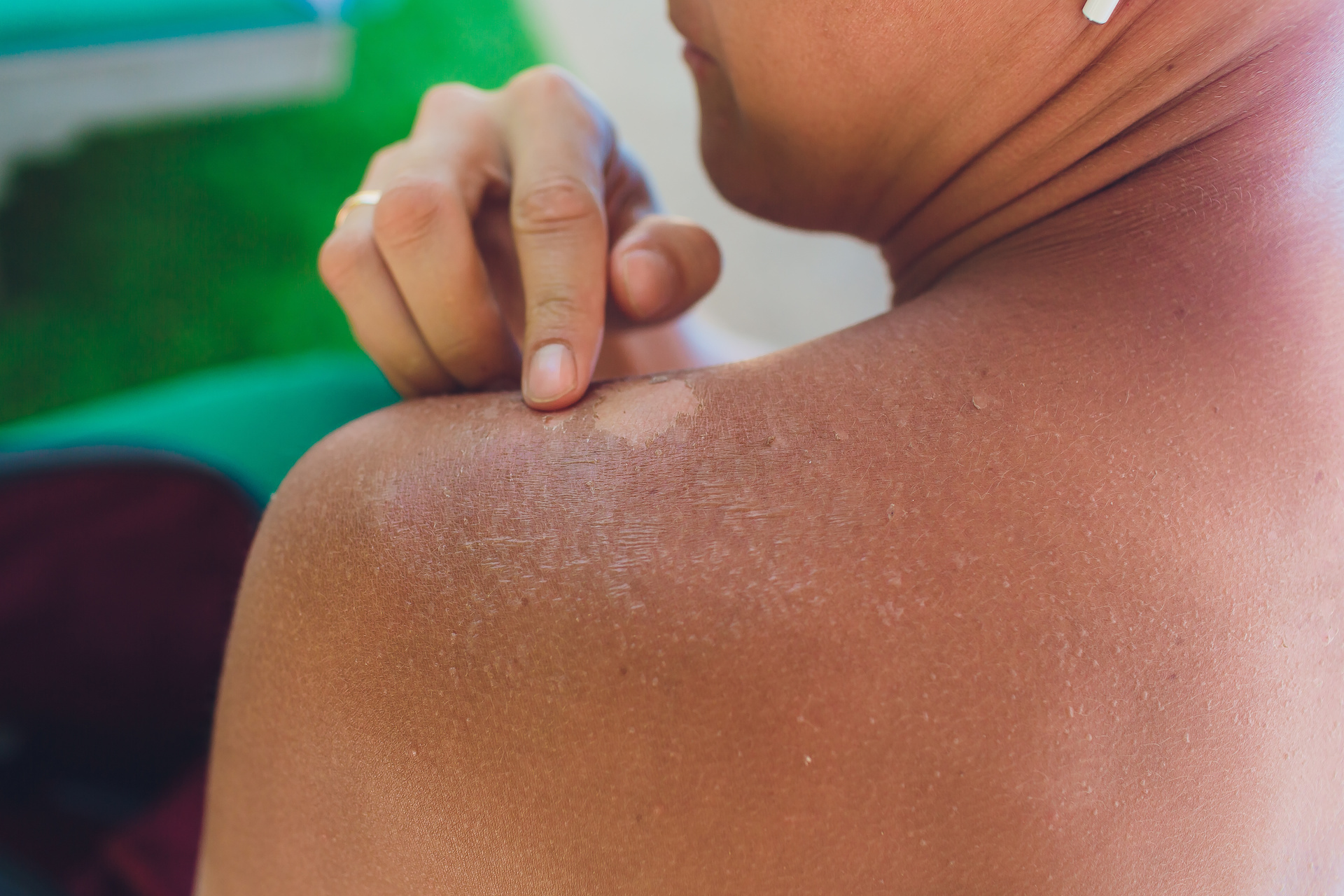
Hypopigmentation after Laser
-
Essential Aesthetics
-
September 30, 2022
-
chemical peels Laser Services
What are the causes of Hypopigmentation?
Hypopigmentation is a deficiency of melanin or loss of skin pigment cells where certain areas of the skin look paler than the surrounding skin. Melanin is a natural pigment that gives your skin, hair, and eyes their color. When skin cells do not produce enough melanin, lighter patches of skin appear. Laser treatment can cause hypopigmentation, which is when the treated skin area becomes lighter or loses its color due to damaged or destroyed melanocytes that produce skin pigment.
What are the causes of Hypopigmenation?
The most common cause of hypopigmentation is skin damage, including burns, infections, blisters, and chemical exposure. As these wounds heal, scars that are lighter than the surrounding skin may emerge. The most frequently reported unwanted effect of laser treatment is hyperpigmentation. Hypopigmentation is a potential side effect that can occur after laser treatment. Laser treatments, such as laser hair removal, laser tattoo removal, or skin resurfacing, use intense beams of light to target specific areas of the skin. While these treatments can be effective for various purposes, they also carry the risk of unwanted side effects, including hypopigmentation.
What procedures induce hyperpigmentation?
Various skin treatments, such as fractional laser skin resurfacing, Laser Intense Photo light, advanced dermabrasion, and deep chemical peels, may also cause hypopigmentation. Additionally, fungal infections or skin disorders like psoriasis and eczema can bring about hypopigmentation. The likelihood of experiencing hypopigmentation after laser treatment can depend on various factors, including the type of laser used, the individual's skin type, the specific treatment area, and the expertise of the practitioner performing the procedure. Darker skin types, such as those with more melanin, are generally at higher risk for hypopigmentation.
Can hypopigmentation be inherited?
In some cases, hypopigmentation may be caused by rare genetic disorders — namely, Albinism, Pityriasis alba, and Vitiligo. The absence of pigment cells might also appear as a result of a lack of melanin, scaly patches, or an autoimmune disorder.
Is hyperpigmentation treatable?
In most cases, treatment is temporary, and the skin color may gradually return to normal over time. However, it's essential to follow the aftercare instructions provided by our aesthetic provider. In some instances, the hypopigmentation may be permanent, especially if there is significant damage to the melanocytes.
What are treatment options for areas of hypopigmented?
If you experience hypopigmentation after laser treatment, it's best to watch for the sign of swelling, burning, or hyperpigmentation right after the laser and send some pictures to our office or call. After evaluating the situation, we can suggest suitable treatment options that may, including creams or cosmetic procedures. These options can help improve the appearance of the affected area. Broad Band Laser or IPL, PIQO Laser, and skin resurfacing are all viable options for treating hypopigmentation. UV light from specifically made lamps is used in these treatments.
How can we prevent further skin damage?
Patches of hypopigmented skin are especially vulnerable to sun damage. Therefore, sunscreen with an SPF of at least 30 should protect the affected areas. Apply sunscreen liberally to all exposed skin and reapply every two hours or more if you're sweating or swimming. Moisturize to protect your skin from environmental stresses.
Wash your face and body with gentle cleansers. Harsh soaps and cleansers can dry and harm your skin by removing its natural oils. Avoid strong chemical-laden cosmetics, skincare, and cleaning items that might harm your skin. Drink water throughout the day to keep your skin and body moisturized. Hydration keeps skin supple and healthy.
Prevent any further changes in your skin color following a laser treatment or injury! Call or text our clinic at 925.855.1773 to book an appointment or request a consultation online.
